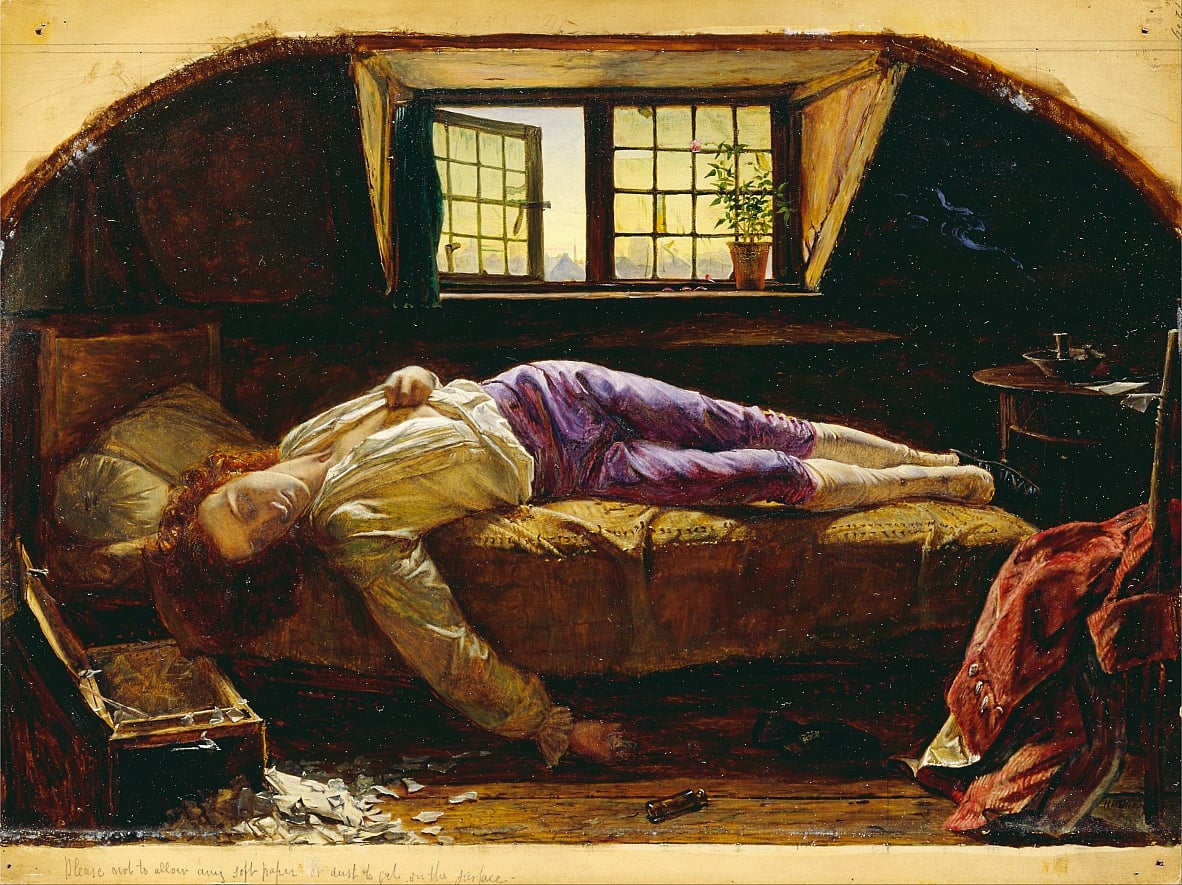Where were you when the Berlin Wall came down? It’s one of those days you remember, like 9/11 or when John Lennon was shot. Did you find out from the evening news? Were you at work, school, or not even a twinkle in your parents’ eyes?
I watched it happen from a hotel room in Alice Springs, in the centre of Australia. Outside, the desert heat was unbearable, like the end of the world in a sci fi movie. Even the flies were hiding from the sun. Inside, my air conditioning was on high and the curtains half-closed against the brightness beyond. The television was on and I was gripped by scenes taking place in wintry Berlin on the other side of the world.
When i was younger, I had lived in Germany for a while, and been a member of the Communist Party. It was with special interest, then, that I watched the scenes in Berlin. People were swarming over the Wall while soldiers stood by with embarrassed faces. Some people perched on top, playing guitars. Others swung sledgehammers, sending chunks of concrete flying through the air, to cheers from the crowd. I couldn’t believe what I was seeing.
The fall of the Berlin Wall became a symbol of the collapse of Communism. One by one, countries in the Russian empire overthrew their rulers and became democratic republics. There was one exception, though – a country which didn’t follow that path. Instead, it was simply eliminated. It disappeared. That country was the DDR or Democratic Republic of Germany. Or as we knew it, East Germany.
To people in the West watching the amazing scenes on TV, it seemed obvious that the two Germanies would reunite, in a de facto takeover of the ‘defeated’ DDR. To people watching from inside East Germany, though, things weren’t so simple. One of these was Christa Wolf, the country’s most celebrated author. She lived under surveillance by the dreaded Stasi but was protected by her fame. Although a lifelong Communist, she was not blind to the regime’s flaws, exploring with searing honesty in her novels the political, social, and moral challenges it raised.
Christa Wolf and many others saw that the DDR had developed its own culture over the past half century which was worth preserving in a new ‘Third Way,’ keeping the best of both Germanies: free and democratic, yet also retaining the unremarked benefits of life in the DDR. Abolishing the country was ‘dangerous prattle,’ she insisted, warning against ‘the sell-out of our material and moral values’ to the feverish pursuits of western consumerism. The appeal was idealistic, ascetic, and nostalgic, all in one.
Most westerners thought of East Germany in superficial spy movie terms: all Checkpoint Charlie, glamorous spies, and screeching violins on the soundtrack. And it was, of course, a classic totalitarian state on the Soviet model. Yet in truth, most East Germans did not lie awake at night worrying about human rights. The Stasi was just a fact of life. While many envied capitalist countries their material wealth, citizens of the DDR led a more secure, placid, ‘old-fashioned’ life than people in the West. Health care was free. Education was free. Cultural activities and holiday resorts were subsidised. Everyone had a place to live – there was supposedly no such thing as homelessness. A job was assured for everyone too – unemployment and begging were unknown. Looking around today, we too may covet at least some aspects of this forgotten, abolished land at the heart of Europe.
In the days leading up to the fall of the Berlin Wall, Christ Wolf spoke on East German television and at a massive demonstration in Alexanderplatz. ‘Help us to create a real democratic society, one that also preserves the vision of democratic socialism,’ she cried. ‘Imagine it’s socialism and no one wants to leave!’
But leave they did, of course. Life in the West would surely be like the ads they enviously watched on TV, a cornucopia of Coca-Cola, shiny consumer goods, pop music, and general happily-ever-after-ness. Following the fall of the Berlin Wall, opposition groups gave in to the mood of the population, and reunification was overwhelmingly approved at an election the following year. What no one foresaw, though, was the radical economic changes that swiftly followed; how quickly familiar goods and brands disappeared from shops, to be replaced by cheaper western products. Brands and signage (like the familiar pedestrian crossing sign man) were replaced wholesale by West German versions.
Even how people spoke was different. Over a couple of generations, vocabulary and syntax had diverged in the two countries, with the West heavily influenced by American culture. In the DDR, traditional pre-war ways of speaking persisted. For example, ‘That makes sense’ translates as ‘Das hat Sinn.’ West Germans however, often say ‘Das macht Sinn,’ influenced by the English wording. You go shopping in a ‘Kaufhalle’ in the East, while West Germans now use the Americanised ‘Supermarkt’. There are hundreds of examples, even including how to say the time.
Disillusion soon followed reunification. For the first time, East Germans had to deal with the trauma of competing with each other for jobs, housing, and social esteem, instead of being part of a coherent, if totalitarian, society. Shops were full of unfamiliar brands. The street signs were different. The newsreader on television spoke in an unfamiliar way. West Germans patronised the East and made jokes about bumbling ‘Ossies’. It was all very disconcerting. Their country had been taken from them.
Within a few years, a survey found that the majority of East Germans wished life was as it had been before the Wall came down – not politically, but that their daily lives were more secure, familiar, and homely again. A new word was coined, ‘Ostalgie’.
And what of Christa Wolf? Her reputation dipped, then rose again so that by her death in 2014 she was acknowledged as one of the twentieth century’s greatest writers in German. She acknowledged naivety in hoping that her country could be saved in 1989, but confessed to a longing for what-might-have-been, as for a phantom limb that she still could feel. Going shopping, she would seek out an old pack of wooden clothes pegs from DDR days, rather than buy modern plastic ones. The feeling was more than simple nostalgia, however. She was made of sterner intellectual fibre than that.
Interviewed in 2005, Wolf remained a socialist, deeply concerned about the impact of drastic economic and social changes on people’s lives since the disappearance of the DDR and reunification:
It’s a society in crisis. Its population groups are drifting apart and it’s increasingly losing its power of integration. Large numbers of ‘superfluous’ people are being created, and that’s dangerous. Our society is starting to abandon its humanitarian value canon in favour of neo-liberal ‘values’. Many individuals first of all have to fight for a place in society, then they have to fight to keep it.
(Die Zeit, 29 September, 2005.)
Ten years on – in the age of the gig economy and the rise of the Right – her words remain truer than ever.





I think there are a lot of people, in many countries, who prefer wooden pegs and a simpler way of living. Great post.
Really great Paul. My dream is for free education and free health care for all. Can’t see it happening, but I will keep saying it. And I among going to search for wooden pegs. ML